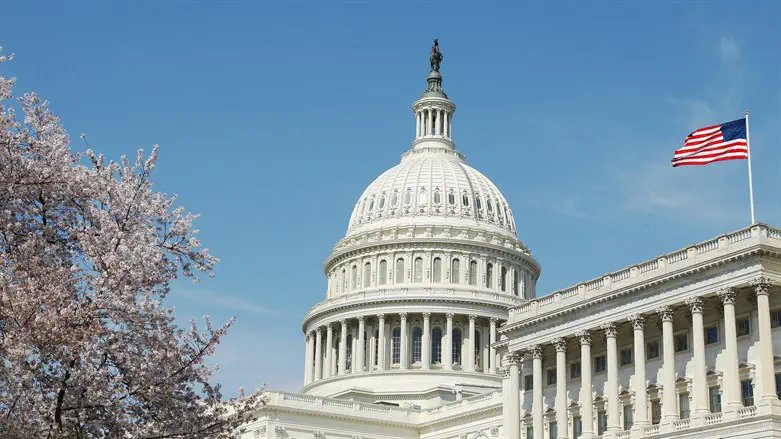
Democrats and Republicans in Congress are poised to battle over raising the country’s debt ceiling once the new Congress begins in 2023.
With Republicans taking over the House in January, the partisan clash over American’s $31.4 trillion cap on borrowing has the potential for major economic implications, especially for global markets, according to the Washington Examiner.
Democrats had called for Congressional leadership to raise the debt limit during the current lame duck session while the party was still in control of all of Congress. But time ran out while the Democrats worked out a deal on a historically large spending package.
“We had a resolution in the last Congress, any increase in the debt ceiling would have to be accompanied by some manner of fiscal controls,” Senator Ron Johnson (R-WI) told reporters in mid-December after hosting a GOP summit in which he urged members of his party to be more fiscally conservative.
He added that he will lead a fight to lower government spending in 2023.
“We talked about using that moment of leverage in the way that it was meant to be used. The whole purpose of the debt ceiling was, should you have to increase it because of deficit spending, that you’d be forced to do some kind of fiscal controls in exchange for what most people don’t want to vote for,” he said.
During former President Donald Trump’s term, both parties agreed to raise the debt ceiling three times. But in the midst of high inflation not seen in decades, House GOP Leader Kevin McCarthy, who is in the middle of a battle within his party to become the next speaker, has signalled that spending cuts will have to be made in order for Republicans to support another increase.
But the Biden administration and Democratic leaders have stated their intention not to compromise with Republicans on the issue if it involves cuts to federal programs.
“We’re not negotiating. We’re giving them nothing,” Senator Chris Murphy (D-CT) told the Wall Street Journal. “It is their responsibility as members of Congress to pay the bills of the federal government just like they pay their bills for their home.”
Last week, Senate Majority Leader Chuck Schumer (D-NY) told reporters that raising the debt ceiling has to be negotiated in a bipartisan manner.
“I think that it’s too early to judge what’s going to happen in the House. There’s so much discombobulation and disunity on different sides of the Republican caucus,” Schumer said. “I’ve always gotten along with Kevin McCarthy. You know, we don’t agree on a whole lot of issues, but I try to work with anyone I can to get things done for the American people.”
The debt ceiling is projected to reach the $31.4 trillion cap in the first few months of 2023. When that occurs, Treasury Secretary Janet Yellen will have several months to prevent a federal government default on debt by using several “extraordinary measures” to keep the government afloat.
